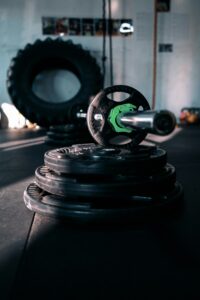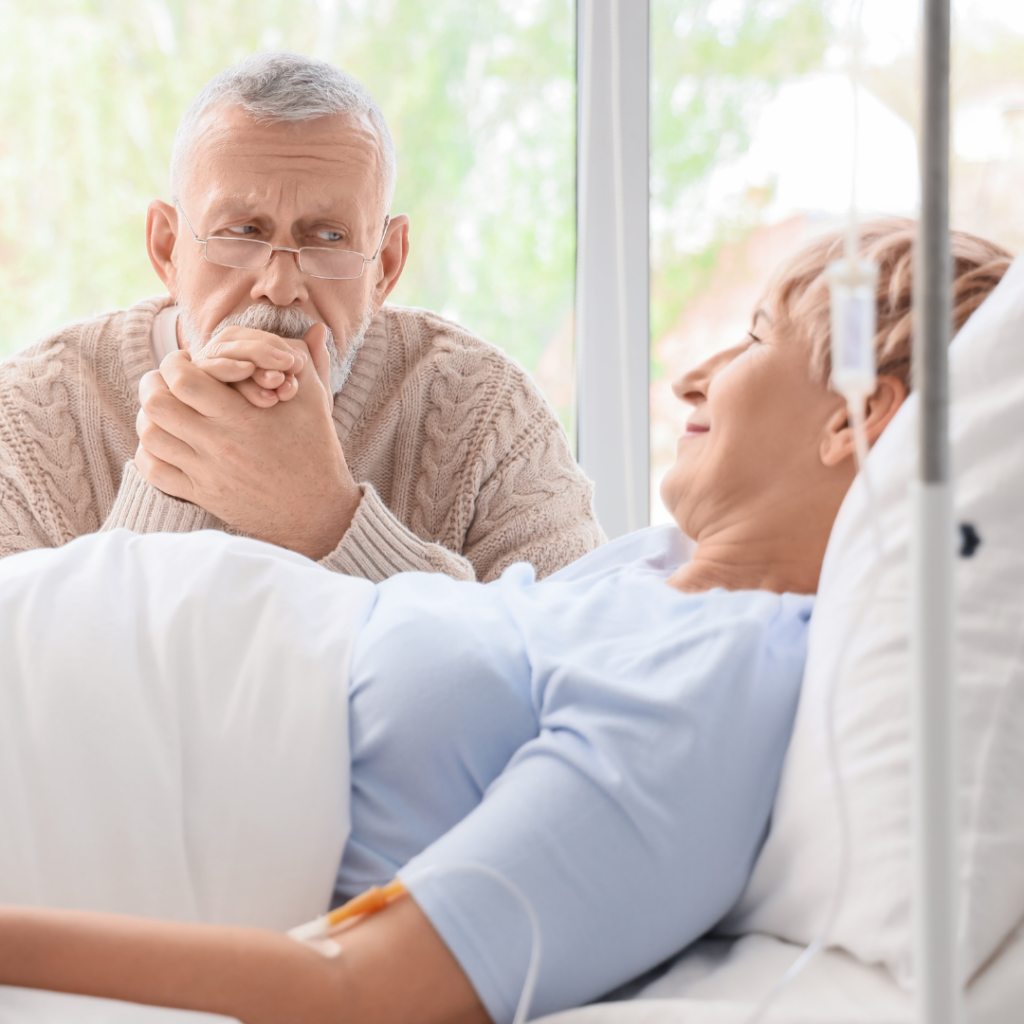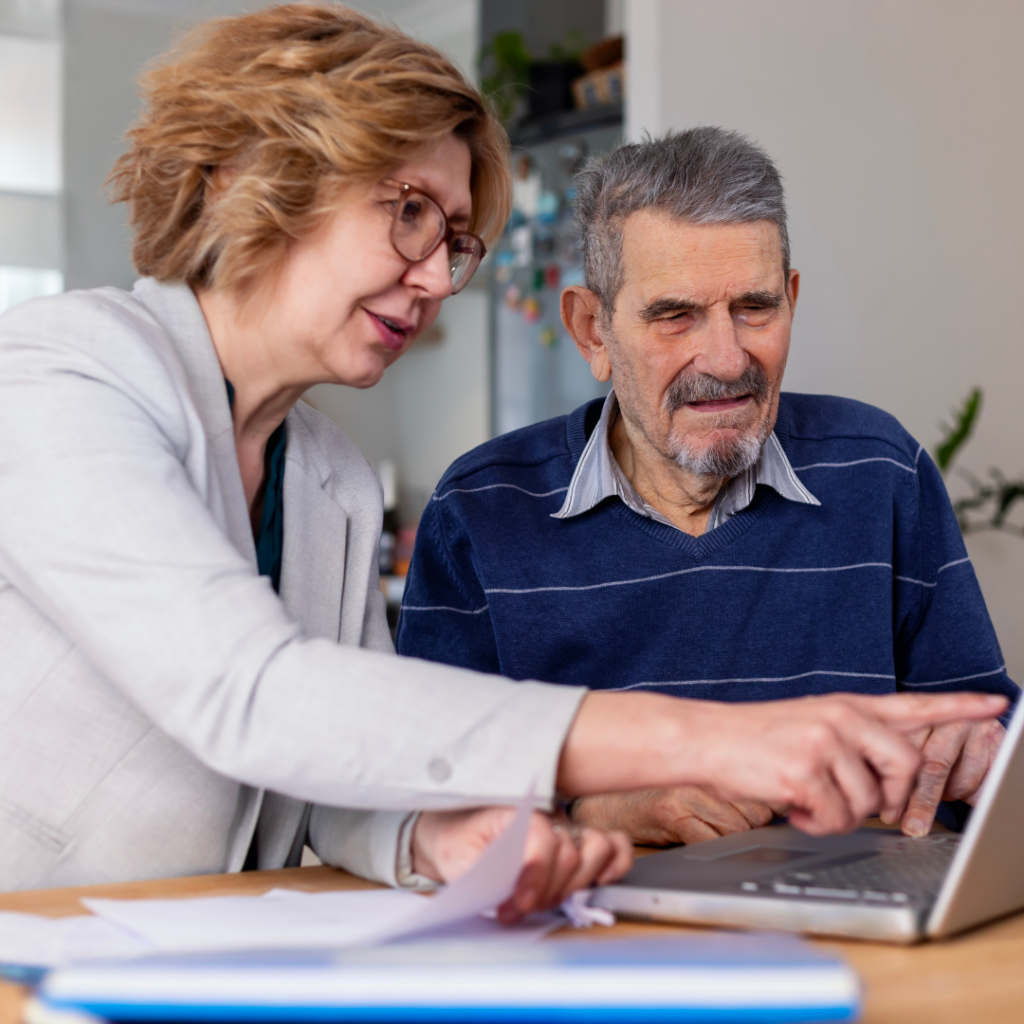As anybody with a social media account will know, the fitness industry is booming. In fact, the number of gyms in Ireland rose by 167% between 2010 and 2019. Gyms are not only more plentiful now, they’re also more complex, with a wide range of machines, methods and classes available.
While this is generally good news for our collective health, it also comes with increased risk of accident or injury. Let’s look at how you can stay safe at a gym — and what to do if something goes wrong.
Gym responsibilities
When you’re scanned into a gym, towel and water bottle in hand, you’re entering an area under the control of the owners, operators and instructors. While not specified in legislation, there is a duty of care on their part to provide a safe environment for visitors. This could include:
- Regular inspection and maintenance of all equipment
- Ongoing staff training in all matters safety-related
- Provision of orientation and instruction for gym members
- Checking for hazards that can cause slips, trips or falls
- Maintenance of a secure, well-staffed environment
If an accident or injury occurs and you believe the gym has failed to provide a duty of care, you should contact a personal injury solicitor to talk through your options.
Gym accidents and injuries
We’ve all been there — standing in a busy gym, facing a complicated piece of equipment, wondering how on earth to use it. For the most part, the biggest risk is embarrassment, but occasionally, working out in a gym can result in a more serious accident or injury, including:

- Muscle injury or strain
- Back injury or strain
- Sprained, fractured or broken ankle
- Shoulder injury
- Knee injury
- Wrist sprain or dislocation
- Torn or pulled ligaments
- Cuts, bruising or lacerations
- Head injuries
One medical study found that the most common injuries at gyms occur due to overexertion, general free weight activities and group exercise classes. Trips and falls were common throughout fitness facilities, as well as from cardiovascular equipment and exercise classes more specifically.
Safety advice and guidelines
With all of these hazards in mind, most gyms and equipment providers work hard to reduce the risk of accident and injuries through training, monitoring and advice. There are also various regulatory bodies in place to try to ensure gym members or equipment users are safe. For example, in Ireland, the Health Products Regulatory Authority (HPRA) is tasked with regulating medicines and devices for the benefit of people and animals.
They recently issued a Field Safety Notice from equipment provider Balanced Body “to bring awareness to a risk identified through customer complaints”. This risk concerns a type of pilates equipment known as a Reformer. The safety advisory was issued because Balanced Body determined that if “a user performs Reformer exercises in a standing or high kneeling position on the carriage and facing the spring bar, there is a heightened risk of injury including facial lacerations or eye injuries if the user falls forward towards the spring bar”.
The notice advised that these exercises should only take place under the close supervision of a qualified instructor — they’re not recommended for group classes or inexperienced pilates practitioners.
Reasons for gym injuries
There are a number of reasons why a company might issue a Field Safety Notice. One is to protect the end users of their products, ensuring that they are safe. Another is to try to safeguard against potential penalties from regulatory bodies and mitigate against losses in civil proceedings (e.g., a personal injury claim).
Despite everyone’s best efforts, personal injuries do occur in gyms all the time, usually due to one or more of these reasons:
- Poor quality or faulty equipment: Gyms have a responsibility to check, maintain or service their equipment to make sure it’s safe.
- Insufficient staff supervision: There should be an appropriate number of staff available at all times to assist and instruct users.
- Lack of training: All instructors should be adequately trained to provide appropriate advice to gym users on exercise and equipment.
- Slips, trips or falls: Staff must ensure that weights are returned to racks, spillages are promptly cleaned up, mats are secured to the ground and the environment is safe.
You may be able to file a personal injury claim if the gym failed in its duty of care to you.
What to do if you are injured in a gym
If you suffer an injury or accident in a gym, the claims process is not much different to that of any personal injury. It’s a good idea to follow these general steps:
- Get medical help
Accidents at the gym can vary from a minor sprain to a serious head injury, and if either occurs, it’s important you get professionally evaluated. Even if you feel fine, it’s vital you seek medical attention to make sure there isn’t an underlying issue that might worsen over time.
2. Report the incident
In a busy gym, it’s possible that the staff mightn’t even notice your accident. You should always report the incident to a member of management at the earliest opportunity. Write down their name and ask them to preserve any CCTV footage available.
3. Check for witnesses
Your accident might have been observed by other gym members or friends or colleagues. If you feel able, you should ask them for their contact details, in case you will need their recollections in the future.
4. Record the scene
Use your smart phone to photograph or video record where your injury took place, any machinery or equipment you were using and any visible manifestation of your injury. When you have more time, add detailed written notes including the date of the accident.
5. Contact a personal injury solicitor
Time is of the essence in these cases because of the Statute of Limitations, so even if you’re not sure how you’d like to proceed, you should still schedule a call with reputable firm to discuss the incident and your options going forward.
An experienced personal injury solicitor can advise you on how to bring a claim for personal injury compensation. At HOMS Assist, we have more than fifty years of experience in this field, which means that we’re the right people to help you navigate the claims process successfully. If you’ve suffered an accident or injury in a gym, the first step is easy — call us on 1800207207 or visit or our website to get in touch.









